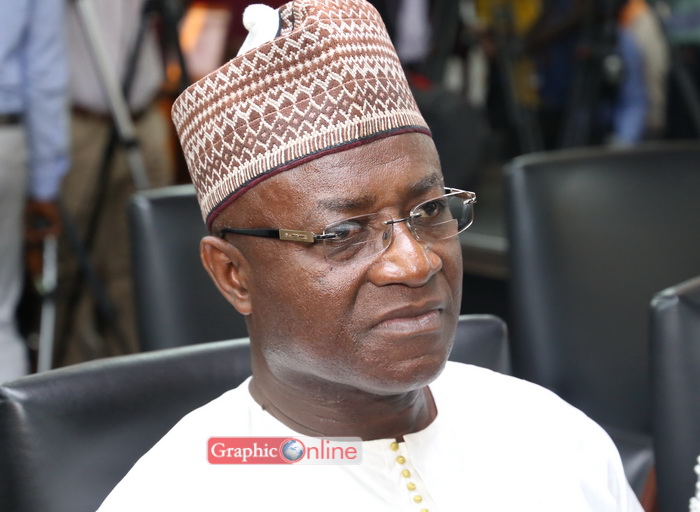
Majority Leader calls for review of 1992 Constitution
The Minister of Parliamentary Affairs, Mr Osei Kyei-Mensah-Bonsu, has called for a holistic review of the 1992 Constitution.
He said the COVID-19 pandemic and its unintended consequences had provided a good opportunity for the country to have a second look at the Constitution.
At a stakeholder engagement with civil society organisations on economic revitalisation amid COVID-19, he said, “Let’s shift the focus from the economy to the 1992 Constitution and why I think the COVID-19 pandemic and its unintended economic consequences call for a holistic review of the Constitution.
“This is a time for reset and for us, there can be no better time amidst all the changes to take a look at the Constitution,” he stated.
He said his ministry would, therefore, engage civil society organisations, people in academia and other stakeholders to discuss issues related to the Constitution.
Context
The need to amend Ghana’s 1992 Constitution has been a major concern in the last few years, with lots of people in politics, academia and civil society questioning the relevance of the Constitution now.
Mr Kyei-Mensah-Bonsu, who is the Majority Leader in Parliament, is, therefore, the latest individual to add his voice to the calls.
Good governance
The minister said CSOs existed by way of improving governance, identifying the gaps in political, social and economic administration and curing the misfits that they might have identified.
“The proposals they come up with will then extend to policies which will inform the various ministries and the formulation of the policies will not rest on the shoulders of the minister alone, but in consultation with all stakeholders.
“This dialogue and its outcome will certainly feed into the mid-year review that is scheduled for this second meeting of Parliament. It will be presented in July, possibly 26th to 29th,” he noted.
Economic impact of COVID-19
The Dean of Students at the University of Ghana, Legon, Professor Godfred Alufar Bokpin, who moderated the event, said the economic impact of COVID-19 might last for over 100 years.
“The government has so far responded well and quite swiftly, but there is still more to be done,” he said.
41,000 jobs lost
A Deputy Minister of Finance-designate, Ms Abena Osei Asare, who represented the Minister of Finance said preliminary assessments suggested that the extractive sector was hardly hit, while the hospitality industry almost collapsed.
She said about 41,000 people had lost their jobs, with majority of them coming from the hospitality sector.
She noted that the CARES Obatanpa programme, the setting up of the Development Bank and other initiatives from the government would help restructure the economy and propel growth.
She said the government was also embarking on an aggressive domestic resource mobilisation which was needed to rebuild the economy.
